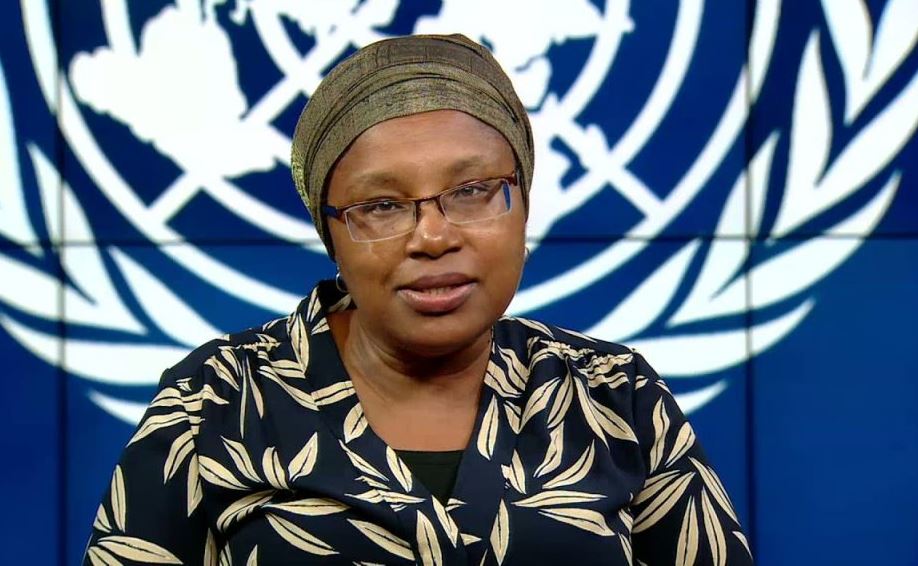2023 Polls: There Is Surge In Hate Speech In Nigeria - UN
Posted by Samuel on Sat 25th Feb, 2023 - tori.ngAlice Wairimu Nderitu, the UN Under-Secretary-General and Special Adviser on the Prevention of Genocide, has stated that there is a rise in the use of inflammatory language and divisive rhetoric ahead of the 2023 polls in Nigeria which could result in violence.
Speaking at a briefing held at the UN House in Abuja on Friday, February 24, Nderitu said hate speeches in the country are being amplified at an unprecedented rate by digital technology.
She also warned that hate speech, especially if accompanied by policies and practices that discriminate against populations based on their identity, often results in hate crimes, discrimination, and violence and can be both a precursor and a trigger of atrocity crimes, in particular genocide.
She said;
“We know that the impact of hate speech makes those targeted more vulnerable to violence, exposes them to exclusion and discrimination, exacerbates underlying social and economic inequalities, and undermines social cohesion.
“We know too that hate speech particularly impacts women differently as is often evidenced by their absence from political spaces. It also contributes to polarizing communities along identity lines, hampering dialogue and reconciliation.
“Countering and addressing hate speech is crucial. In the Holocaust and the genocides in Rwanda against the Tutsi and in Srebrenica, Bosnia Herzegovina, hate speech and the dehumanization of ‘the other’ was present during, after and long before violence broke out and such crimes were committed.
“Indeed, it all begins with words. By addressing divisive and harmful language, we can avoid the escalation of tensions that could result in violence. Measures to that effect can also help build societies that are resilient and inclusive.”
Nderitu also appealed to the media to play their invaluable role during electoral processes in educating, informing, raising awareness, and alerting on situations at risk, and countering narratives of hatred and segregation with verified facts.

















































